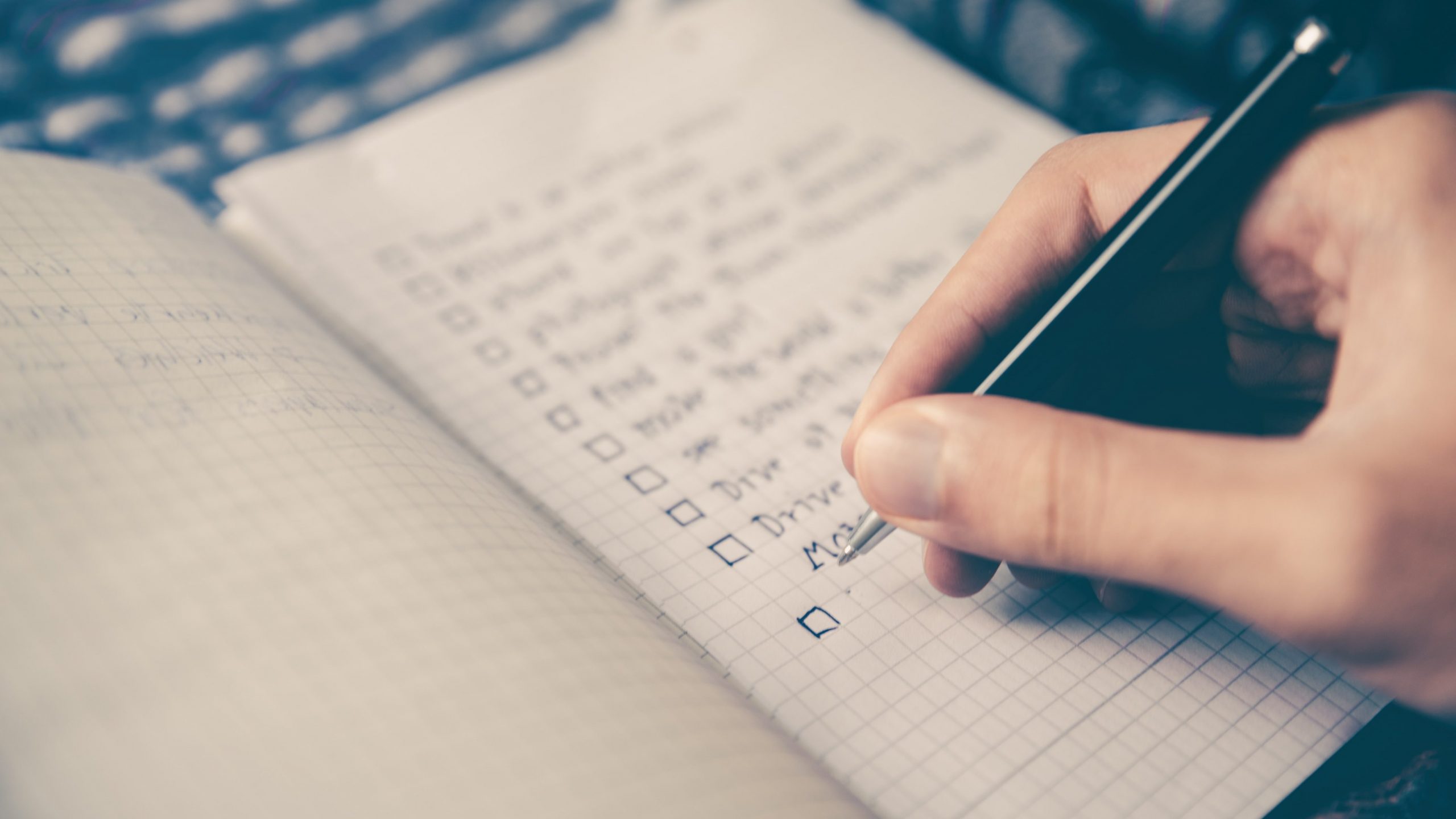Let’s face it, writing assignments is nobody’s favourite thing about university life, but it’s still a key part for many students. If you’re looking for some advice on how to ace your next assignment, you’ve come to the right place. We’ll show you how to tackle your work with the Library’s support.
Read your assignment brief
First things first, you must make sure you know exactly what’s expected for this piece of work. Is it an essay or a report? What question do you need to answer? When is it due? You’ll find all of this and more on your assignment brief. Go through your brief and highlight the most important bits. If you don’t quite understand the task, check out the Library’s guide on making sense of your assignment brief.

Create an action plan
Ask anyone what the most difficult part of an assignment is, and they’re likely to say the same thing – getting started. It’s easy to feel overwhelmed by the size and/or importance of the task at hand. Creating a plan is a great way to tackle this hurdle.
First, list the steps you need to take to complete the work. Perhaps you need to find the main points you will discuss, write each segment, and then draw a winning conclusion. Once you’ve established these steps, you need to decide how you will complete them.
We recommend creating a work plan that is suitable for your preferred way of working and fits around your other commitments. You could assign each task to specific days/times in the weeks ahead. If you prefer a more flexible approach, you could set deadlines each week, such as by Friday you will have written your first section. Remember to go through your work at the end and make sure you’ve created a logical argument and stayed focused on the question.
It may also be a good idea to create a research plan. For this, you should list the points you’re going to be making as a set of subheadings, under which you can list any relevant academic literature that will aid your discussion. For more guidance on approaching an essay, check out our eLearning guide.

Get the referencing right
A big mistake many students can make is leaving referencing to the very end. By doing this, you’re creating more work for yourself as you’ll have to go through your assignment at the end and search for every resource you used. It’s much easier to reference as you go. If you find that this method disrupts your workflow, you could highlight bits that need referencing as you work, then put the referencing list together as your last step.
It can take some time to get to grips with referencing. The key is to familiarise yourself with the style so you build your confidence and understanding. We have a dedicated referencing webpage with lots of support from video tips, guides, and examples to help you get it right.
Check, check, and check again
When you’ve finished writing, it’s important to check over your work to make sure you’ve answered the question and that your spelling and grammar is on point.
Once you’ve made the relevant edits, proofread your work again for any errors you may have missed. Reading your work out loud is a great way to spot little mistakes. Why not have our handy proofreading and editing guide open at the same time, so you know exactly what to look out for.

Know how to submit your work
It might seem obvious, but make sure you know how to submit your work. Your lecturer will tell you how and where to do this. If you’re asked to submit electronically through Blackboard using Turnitin, make sure you know where the submission folder is. We recommend that you familiarise yourself with Turnitin before the deadline.
Don’t leave handing in your work to the last minute. Our online submissions system is easy to use but – as is always the case with technology – there’s a slight chance that technical issues may arise. To combat this, submit your work with plenty of time to avoid unnecessary last-minute panic. And, as ever, we’ve plenty of submission advice on Blackboard.
Learn from feedback
It’s important to reflect on the comments you receive so that you can improve your work. Positive and critical feedback will help you identify your strengths and weaknesses. For example, your tutor might point out that your ideas are good but need expanding, or that your grammar needs work. If you take this on board, your next essay is guaranteed to be even better than the last.
Do you struggle to take feedback well? Discover how you can reframe feedback and use it to develop yourself.
We hope you’ve found these tips useful and feel ready to smash your assignment. We’ve highlighted loads of helpful resources along the way, but it doesn’t stop there. The Library has a wealth of support available, from workshops to 1:1 sessions throughout the academic year.
We also recommend downloading the Library App, which allows you to access many of their resources on the go. With the app you can also reserve items and book study spaces.




